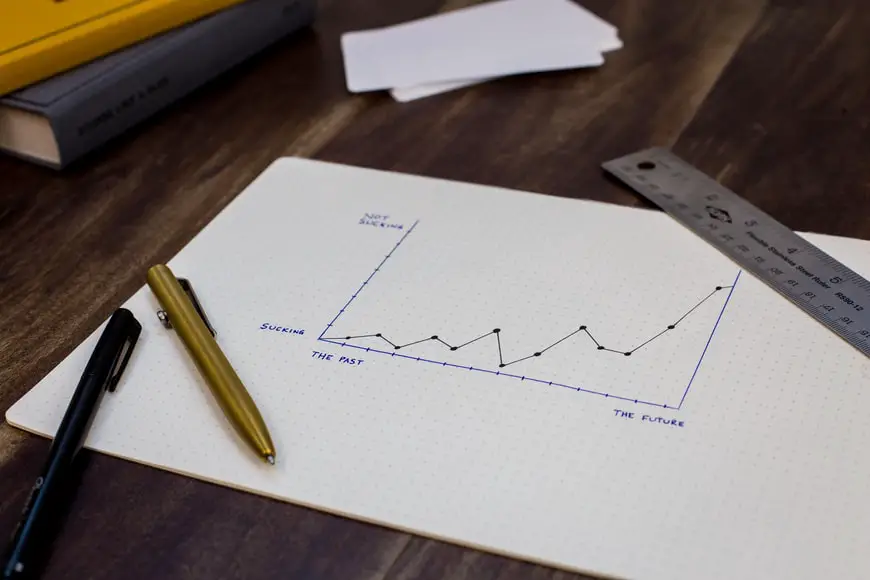Stocks surged on Thursday as investors rushed in and put the market on track to end a 7 week losing streak. The S&P 500 rose 2%, the NASDAQ was up 2%, and the DOW rose 1.6%, gaining 518 points.
The rally was driven by strong retail earnings, driving stocks like Macy”s up as high as 18% in the course of trading as they reported surprisingly robust earnings predictions. Dollar Tree and Dollar General also raised forecasts, leading them to rise more than 21%.
This led the S&P 500 Consumer Discretionary Index to rise as much as 5.6%, its best day since April of 2020.
Allianz Investment Management Senior Investment Strategist Charley Ripley wrote in a note, “Today’s relief rally is a signal to investors that despite the inflation headwinds that many companies are facing, consumers still have the wherewithal to spend,” “The overall economy is still underpinned by a very strong labor market and while challenges to margins have emerged for some big-box retailers, there are other signals in the economy that show consumers still have the ability to spend. Overall, markets were hovering near oversold territory and today’s rally was a result of walking back some of the recent recession fears.
LPL Financial Chief Equity Strategist Quincy Krosby noted how the “glimmer of the return of deals” buoyed optimism as Broadcom struck a deal to buy out VMWare for almost $61 billion. “The purchase, indeed a large one, especially during a significant downdraft in the technology sector, suggests that value is being created as the market re-calibrates its valuation while the Federal Reserve raises interest rates and begins the taper of its balance sheet,” Krosby noted.
Recently trading session has been pulled down as big name stocks delivered sobering earnings reports that fueled worries inflation was eating away at corporate margins. And as retailers like Walmart and Target dialed down expectations on earnings, tech giants like Snap underwent record setting catastrophic collapses on concerns over business models mixed with the effects of a cooling economy on ad revenues. Snap’s 43% drop in one day was the biggest on record, and dragged the Nasdaq down to its lowest close since November of 2020.

